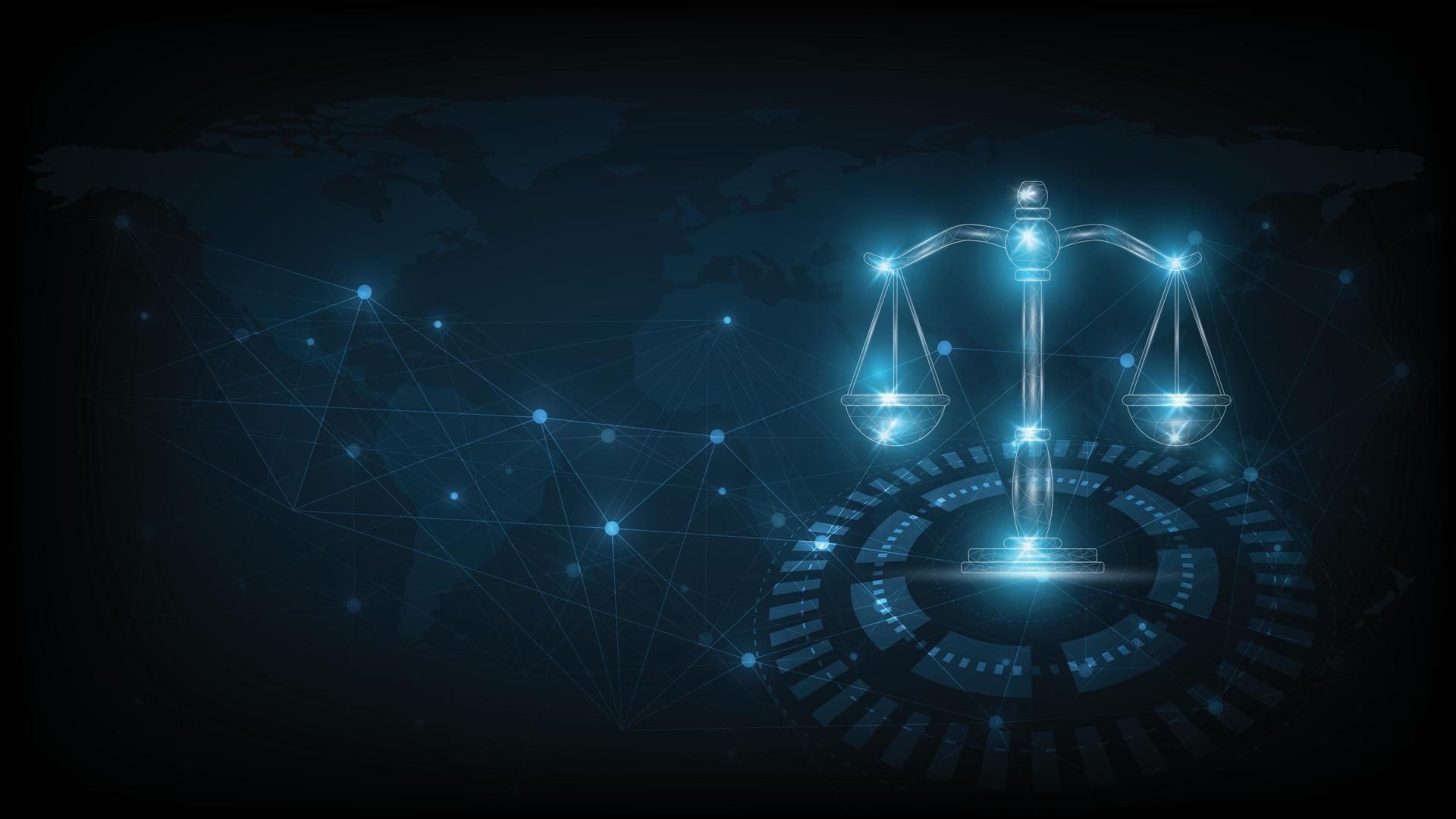
In the September 2023 special issue of the Hungarian Journal of Legal Studies, an extended, written version of some of the papers presented at the international conference Legal technology and its impact on the access to justice, society, and the legal industry, organised by the Institute of the Information Society at LUPS on 23-24 June 2022, is published.
All but one of the papers published in the journal are based on presentations given at the conference:
– Zsolt Ződi: Editorial: Legal technology in the service of access to justice
– Ricardo Lillo: ICT's in the Chilean and Latin-American civil justice. Analysis from the right of access to justice
– Berenika Kaczmarek-Templin: Digital transformation and the traditional rules of civil procedure – Some remarks on the Polish example
– András Osztovits: Right to a modern trial: A new principle on the horizon of the digital age
– Dóra Pálfi: Internal dispute resolution systems: Do high promises come with higher expectations?
– Nóra Chronowski – Boldizsár Szentgáli-Tóth – Bettina Bor: Resilience of the judicial system in the post-Covid period: The constitutionality of virtual court hearings in the light of the COVID-19 pandemic
– Péter Homoki – Zsolt Ződi: Large language models and their possible uses in law
– Renátó Vági – István Üveges – Andrea Megyeri – Anna Fülöp – János Pál Vadász – Dániel Nagy – Gergely Márk Csányi: Increasing access to legal information with unsupervised solutions
– Daniel Necz: Rules over words: Regulation of chatbots in the legal market and ethical considerations
Extract from the editorial preface written by Zsolt Ződi:
At the conference, the lectures were given in three panels: legaltech as a factor increasing efficiency, legaltech as a factor helping access to law, and regulatory and ethical issues of legaltech. In the first topic, experts from international consulting companies and law firms spoke. After the conference, we believed that the second and third topics – which mostly inspired university people – were much more pressing and current than improving efficiency, without disputing its importance, so it was mainly the speakers from the second and third panels who we asked for the written versions of their presentations. This is how the title of our special issue came about.
Technology can greatly help ordinary citizens to enter the world of law, to get legal assistance, to understand the provisions of the law, to enforce their rights more easily, and to fulfil their obligations more easily. From this point of view, ‘access to law’ has two meanings. The first, narrower meaning indicates access to justice: how easy or difficult it is to set the justice system in motion and force it to make a decision. Legal technologies can already play a huge role in this sense; countless new solutions have been created in recent years that can facilitate this, from video hearings to various court client information interfaces. However, according to the second, broader interpretation, access to law also means understanding the law and its easy application in everyday situations. After all, every day we make purchases, sign contracts, or contact the authorities. All of these involve “access” to the law, and in these areas the possibilities of new technologies are perhaps even greater.
In this editorial preface, I would like to discuss two main topics, in addition to a brief presentation of the studies published in the special issue, which I will do by inserting them into the text. Both are a kind of theoretical preliminary question concerning legaltech.
The first such preliminary question is about ‘legal informatics’ or ‘legaltech’ as a discipline: what do we mean by legaltech and how does it relate to legal informatics, which has been known for a long time? How has the subject itself developed over time, and with generative artificial intelligences (primarily large language models, LLMs, such as Chat GPT) have we really reached a tipping point? Finally, we must ask whether the creation and study of legal technologies can be considered an academic discipline at all, and if so, what kind of discipline we are talking about?
The second group of preliminary questions that I would like to discuss does not deal with legaltech as a discipline, but about some exciting legal theoretical problems raised by legaltech, such as whether lawyers can be replaced by machines, how far automatization can be taken in law, and what (social) problems and risks are raised by automatization, and the disappearance of the human factor from certain areas.
Studies from the special issue of the Hungarian Journal of Legal Studies /Volume 64 (2023): Issue 3 (Sep 2023)/ are available here:
https://akjournals.com/view/journals/2052/64/3/article-p323.xml